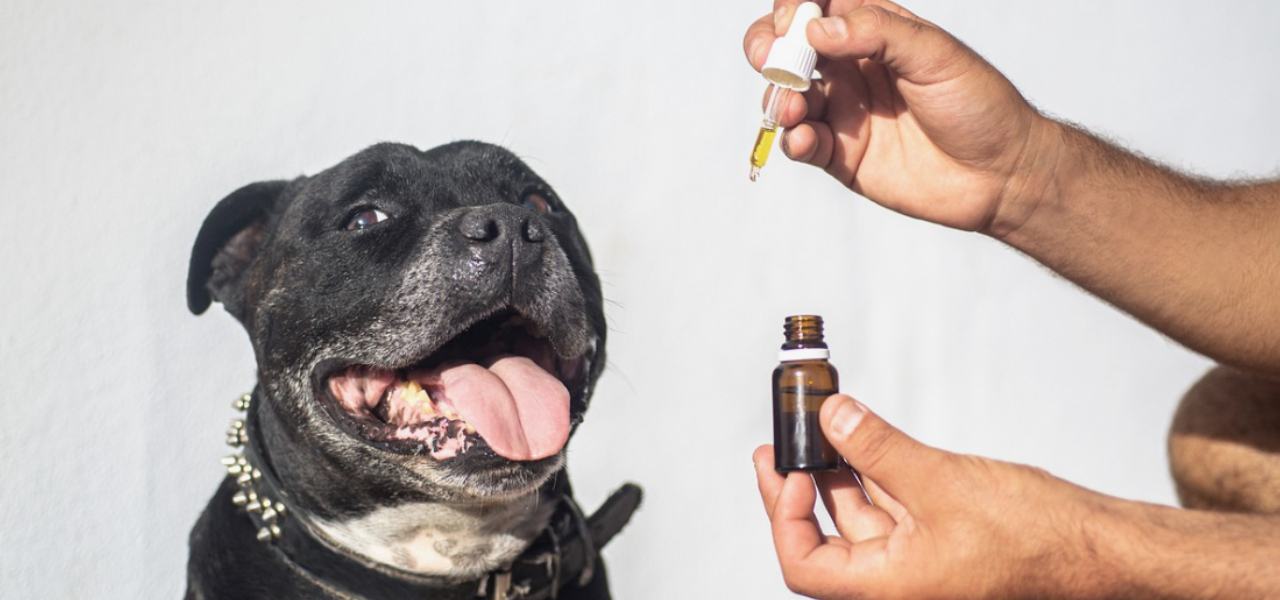Aug 14, 2024, 11:59 AM

Salmon oil is a highly sought-after supplement in the pet care industry, known for its myriad health benefits. However, not all salmon oil products are created equal. This article explores the ins and outs of salmon oil, focusing on OptiBiomega Salmon Oil, supplied by Eurovets, a reputable supplier of veterinary medications and animal healthcare products. We will review the extraction methods, advantages, possible disadvantages, and the best ways to choose and preserve fish oil.
How does Salmon Oil work?
Fish oil, rich in Omega-3 fatty acids, is extracted from the fatty tissues of salmon, an oily fish. Lowering inflammation and promoting proper brain development are benefits of salmon oil's higher concentrations of DHA and EPA (eicosapentaenoic acid). The body cannot produce omega-3 fatty acids, so they must be in your pet's diet.
Methods of Extracting
The extraction process mostly determines salmon oil quality. Traditional methods either heat or hydrolyze the oil from the fish. Enzymatic hydrolysis and cold pressing are examples of more contemporary techniques. Enzymatic hydrolysis yields high-quality oil less prone to oxidation and is efficient and environmentally beneficial when using an immobilized enzyme such as Alcalase. Cold pressing, while yielding lower quantities, also results in high-quality crude.
Benefits of OptiBiomega Salmon Oil
Anti-Inflammatory Properties: The high EPA level lowers inflammation, which benefits skin disorders, joints, and heart health.
Cognitive Health: DHA is essential for elderly pets' cognitive function and the development of their brains in puppies and kittens.
Skin and Coat Health: Omega-3 fatty acids support a glossy coat and a strong skin barrier.
Cardiovascular Health: Omega-3 fatty acids can improve heart health by raising HDL cholesterol and lowering triglycerides.
Increased Blood Flow: In animals raised for breeding, increased blood flow can help with fetal growth and fertility.
Weight management: Research indicates that salmon oil can help maintain a healthy weight by meeting the body's needs and reducing the buildup of extra fat.
Vitamin D Source: Salmon oil is rich in Vitamin D, which is essential for bone, muscle, and dental health. Potential Drawbacks
Oxidation Risk: Salmon oil is prone to oxidation, producing harmful free radicals, causing oxidative stress and various health issues.
Contaminants: Wild-caught salmon may contain environmental toxins like Furans and Dioxins, while farmed salmon might have industrial chemicals and heavy metals.
Quality Variations: The quality of salmon oil can vary widely depending on the extraction method, storage, and packaging.
Choosing and Storing OptiBiomega Salmon Oil
Packaging: Always opt for salmon oil stored in glass bottles rather than plastic. Glass prevents air from reaching the oil, reducing oxidation risks.
Storage: Keep the oil refrigerated to maintain its potency and prevent degradation.
Capsules vs. Liquid: Capsules are preferable as they minimize exposure to air, preserving the oil's quality.
Certification: Ensure the product comes with a Certificate of Analysis (COA) to verify the absence of contaminants.
Smell Test: Fresh salmon oil shouldn't have a fishy smell. If so, it should be thrown away since it has likely gone bad.
Using OptiBiomega Salmon Oil
Salmon oil should be gradually added to your pet's food, but only as one component of a varied omega-3 intake that includes raw eggs, krill oil, and algae oil. To maximize its benefits, keep the oil fresh and in inappropriate storage.
In summary
When used as directed, Bio PetActive OptiBiomega Salmon Oil from Eurovets is a premium supplement that can greatly improve your pet's health. Pet owners can promote their pets' well-being by making educated selections and learning about the nuances of fish oil extraction, its advantages, possible disadvantages, and appropriate management.
